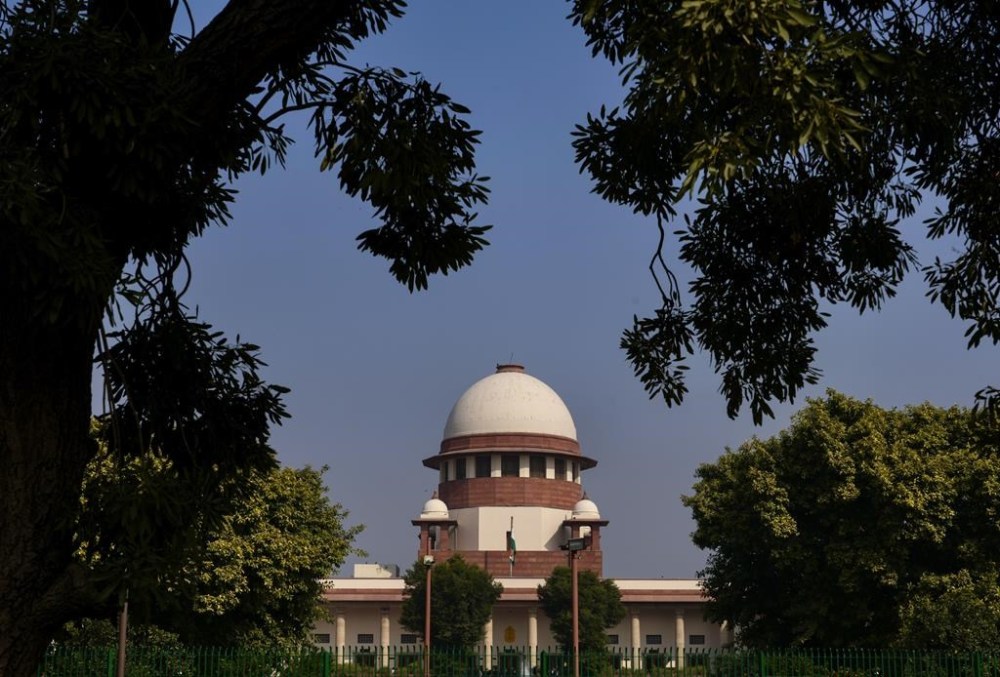India’s Supreme Court upholds government’s decision to remove disputed Kashmir’s special status
Advertisement
Read this article for free:
or
Already have an account? Log in here »
We need your support!
Local journalism needs your support!
As we navigate through unprecedented times, our journalists are working harder than ever to bring you the latest local updates to keep you safe and informed.
Now, more than ever, we need your support.
Starting at $15.99 plus taxes every four weeks you can access your Brandon Sun online and full access to all content as it appears on our website.
Subscribe Nowor call circulation directly at (204) 727-0527.
Your pledge helps to ensure we provide the news that matters most to your community!
To continue reading, please subscribe:
Add Brandon Sun access to your Free Press subscription for only an additional
$1 for the first 4 weeks*
*Your next subscription payment will increase by $1.00 and you will be charged $20.00 plus GST for four weeks. After four weeks, your payment will increase to $24.00 plus GST every four weeks.
Read unlimited articles for free today:
or
Already have an account? Log in here »
Hey there, time traveller!
This article was published 11/12/2023 (676 days ago), so information in it may no longer be current.
SRINAGAR, India (AP) — India’s top court on Monday upheld a 2019 decision by Prime Minister Narendra Modi’s government to strip disputed Jammu and Kashmir’s special status as a semi-autonomous region with a separate constitution and inherited protections on land and jobs.
The five-judge constitutional bench of the Supreme Court ruled that the region’s special status had been a “temporary provision” and that removing it in 2019 was constitutionally valid.
The unprecedented move also divided the region into two federal territories, Ladakh and Jammu-Kashmir, both ruled directly by the central government without a legislature of their own. As a result, the Muslim-majority region is now run by unelected government officials and has lost its flag, criminal code and constitution.

But Chief Justice Dhananjaya Yeshwant Chandrachud said the government has promised to restore Jammu-Kashmir’s statehood and should do so as soon as possible. Ladakh, however, will remain a federal territory.
He also ordered the country’s election commission to hold local legislative polls in the region by next Sept. 30.
The ruling is expected to boost the electoral prospects of Modi’s governing Hindu nationalist Bharatiya Janata Party in national polls next year. The 2019 move resonated in much of India, where the Modi government was cheered by supporters for fulfilling a long-held Hindu nationalist pledge to scrap the Muslim-majority region’s special status.
But the judgment will disappoint many in Kashmir, including the region’s main pro-India Kashmiri politicians who had petitioned the Supreme Court to reverse the deeply unpopular decision, which was imposed under an unprecedented security and communication clampdown that lasted many months.
The court’s hearings began in August and included extensive arguments and discussions on the move’s constitutional validity.
